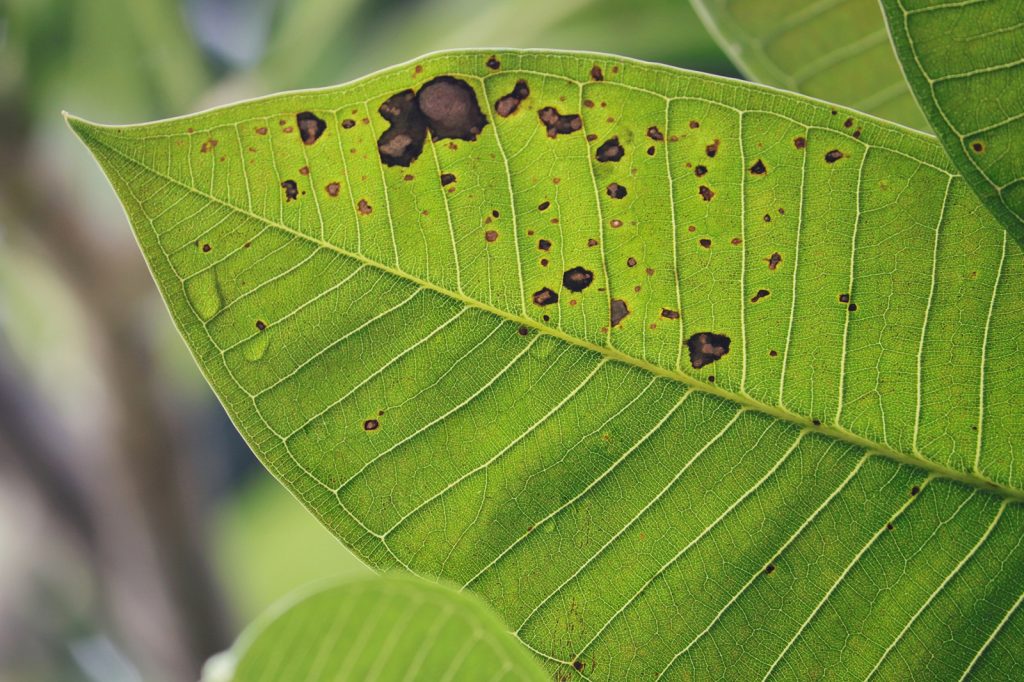A new study suggests that playing sound may enhance the activity of a fungus known to promote plant growth, opening up the possibility that music could be beneficial for crops and gardens.
The long-standing debate about whether music can influence plant growth has seen experiments ranging from TV shows like “MythBusters,” which tested plants with metal and classical music, to ongoing scientific research. While previous results have been inconclusive, this latest study delves deeper into how sound may impact plant ecosystems.
Published in Biology Letters, the study explored the effect of sound on Trichoderma harzianum, a fungus used in organic farming for its ability to protect plants from pathogens, enhance soil nutrients, and stimulate growth. Researchers from Flinders University in Australia played a consistent 8 kHz white noise for 30 minutes daily over five days to fungi samples and observed increased growth and spore production compared to fungi kept in silence.

Lead researcher Jake Robinson suggested that the sound might be stimulating the fungi through tiny receptors called mechanoreceptors, similar to those on human skin, which respond to pressure or vibration. These reactions could trigger biochemical changes that promote growth.
While the findings are preliminary, they raise intriguing questions about whether acoustic stimulation could benefit entire soil ecosystems, potentially aiding in soil restoration or improving crop yields. Further research is needed to determine whether these effects extend to plants themselves.


